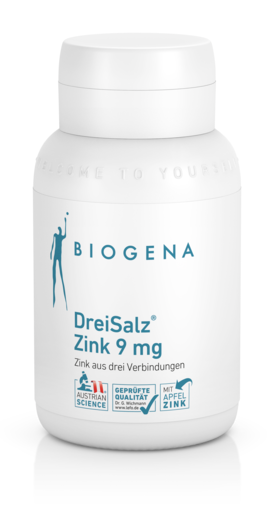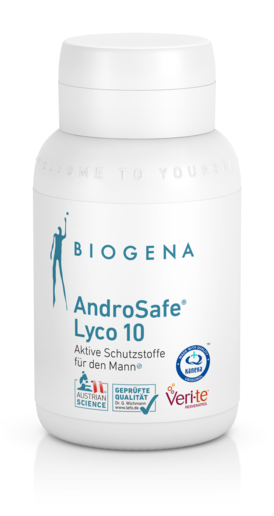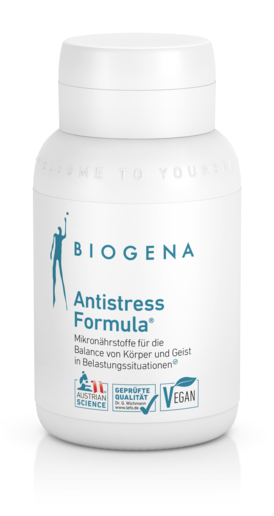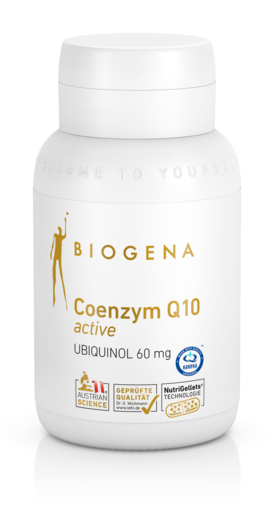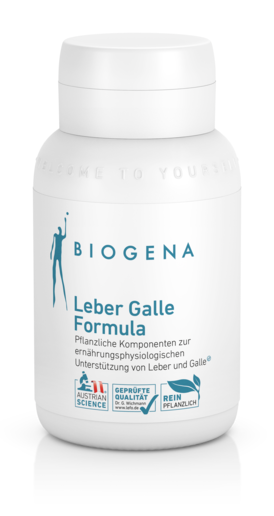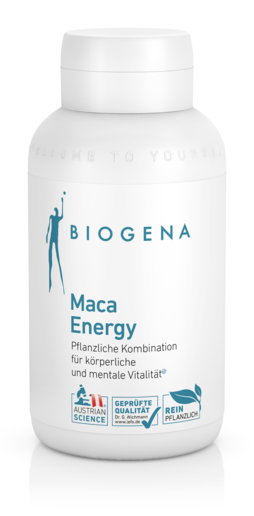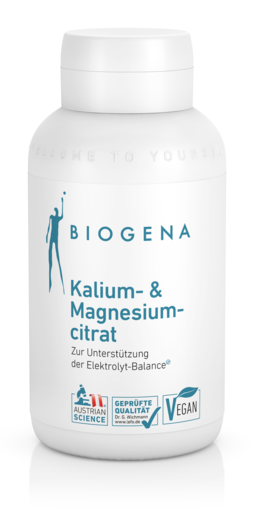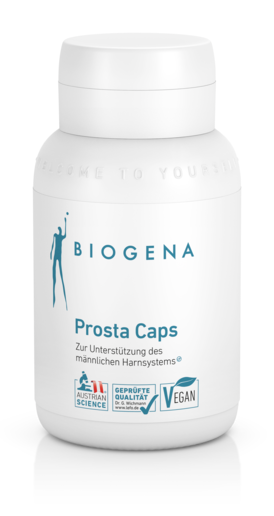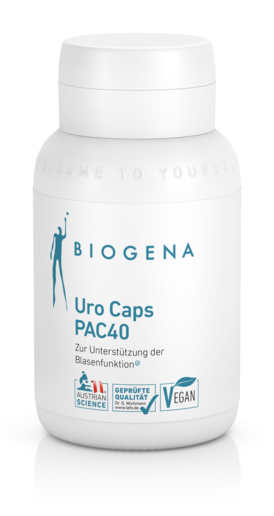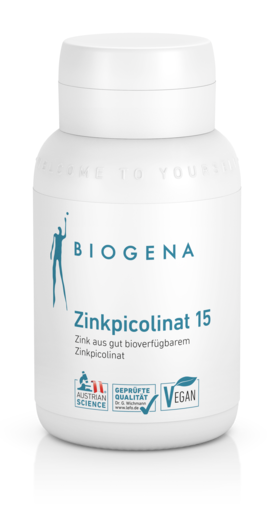Men's health
The male role model has changed considerably in recent decades. Nevertheless, men tend to assess their health better than it is and are less aware of physical and psychological complaints or take them lightly. Time for men to rethink and take action here too.



Men now go on parental leave, push buggies, do the housework and bring up their children as a matter of course. However, men are often negligent when it comes to their health. Men tend to assess their health as being better than it actually is and often shrug off any physical or mental complaints. Society’s expectations of modern men are frequently complicated: on the one hand, a man is supposed to be assertive and career-oriented, on the other hand, a caring nest-builder and loving partner. But there is at least one thing that’s simpler than many people would think: a man can always take care of his health.
Prevention – this is how you stay healthy:
- Once a day: 30 minutes of sport and exercise
- Once a week: Sex and tenderness
- Once a month: Self-examination of the testicles
- Once a year: Follow-up by urologist
Men's health should become a man's business
When it comes to preventive health care, men tend to be more precautionary. They regularly take their cars to the garage for maintenance but often neglect the service on their bodies. It is only when the first aches and pains come knocking that they usually start to deal with their own body or psyche. The charity campaign Movember (a made-up word from Moustache and November) was founded in 1999 by a group of young Australians to wake men up. The visible wearing of a moustache during November is intended to create more health awareness among the stronger sex as well as generate donations in favour of research and prevention of typical male health problems. 20 years later, the initiative has spread all over the world and is still not tired of getting the stronger sex to pay more attention to their health. After all, many typical diseases and male ailments can be levelled out with the right diet and a healthy lifestyle. Early preventive check-ups are also part of this.
Vitamins and minerals for men
People who actively engage with their body and health will quickly notice the changes. You don’t have to change your whole lifestyle right away if you want to do something good for yourself. Instead, it is the small but regular changes that pay off at some point. Micronutrients can make an important contribution here. Selected vitamins, minerals or plant extracts provide support from the inside and can help you through all kinds of situations.
Micronutrients for men – our tips for better performance
Just like women, men experience a strenuous and challenging everyday life. The only difference is that men don't like to admit to excessive demands or too much stress too quickly. In most cases, they do so much later than women, possibly because they want to get the problems under control themselves or because they fear that this could have a potential impact on their job. It is therefore all the more important to arm yourself against the stresses of daily life by supporting your mental and physical performance capacity.
In addition to conscious breaks and relaxation times (e.g. breathing exercises at the workplace or forest walks), care should also be taken regarding what you eat. After all, anyone who gives their all or even more day after day also needs more. Only with sufficient amounts of vitamins and minerals can our body remain productive and meet the daily requirements. High-quality multi-spectrum preparations can contribute to daily nutrient intake and deal with potential additional needs. In special stress situations, customised special preparations also help to gain a long-term perspective. The anti-stress mineral magnesium, which – alone or in combination with the power vitamins B2, B9 and B12 – can contribute to reducing tiredness and fatigue, should be included.
Micronutrients for men: take control of your fertility
Only 20 centimeters, and yet it is one of the toughest races there is: the distance sperm have to travel to reach the object of their desire – the human ovum. At less than 1 in 500 million, the odds against an individual sperm getting to be the start of a new life are overwhelming. Nevertheless, the more sperm take part in the race and the stronger they are, the better the chances of success. Nevertheless, the more sperm that compete and the more vital they are, the better the chances of success. Apart from diseases or genetic defects, lifestyle also has an influence on sperm quality. Certain drugs (e.g. antidepressants, anabolic steroids), overheating the testicles (e.g. heated seats, hot baths, placing a laptop computer directly on the body), stress, obesity, alcohol, smoking and an unhealthy diet can all make life difficult for sperm cells.
On the other hand, men can smooth the path to improved sperm quality by giving up smoking, exercising in moderation, eating a balanced and nutritious diet, and making sure they are at a healthy weight. In addition to vitamin B6, which supports hormone activity, and selenium, which is involved in sperm production, zinc plays an especially important role in male fertility. Zinc contributes to normal fertility and reproduction. It is needed to ensure the correct copying of the genetic code during the sperm formation process. It also ensures that the genetic code is "properly packed", which is favourable for the lifespan of the sperm and the probability of fertilisation - and last but not least, it is important for maintaining normal testosterone levels in the blood. So whoever says fertility must also say zinc.
Men and testosterone
The energy curve goes down in the male gender from age 40 onwards. In particular, the testosterone level starts decreasing. The most important sex hormone in men is testosterone. It belongs biologically to the group of androgens and is formed in the testicles.
Reasons for the energy reduction are the breakdown of muscles and bone density and fat gain due to a slower metabolism. Of course, factors such as stress, smoking and alcohol as well as obesity also play a role. In addition to the decrease in testosterone levels, which affects the libido, mood, sleep and drive, there is also a second power hormone that drives the ageing process: DHEA.
Sport has a positive effect on testosterone levels and metabolism. Whether in the gym or the great outdoors: Aerobic weight training supports the bones and promotes health.
Testosterone and prostate
Testosterone, the best-known representative of the androgens, is also involved in the growth of the prostate. Prostate enlargement occurs three times in the life of a man: the first time as an embryo, then in puberty, and finally from 40 years of age. Testosterone plays an important role in the first two events. By the way: At birth, the prostate gland weighs about two grams, while in puberty it increases in weight to about 10 to 20 grams and then grows slowly, but continuously.
Micronutrients for men: the prostate
While male sexual health plays an essential role in conception, it also becomes increasingly important with advancing age. Like the testicles, the prostate is an exclusively male organ. However, many men have only a vague idea of the significance, function, or exact location of the prostate. Ideally, this gland, which is about the size of a chestnut, does its job completely unnoticed and secretes a fluid that makes up about 30% the male ejaculate. It is regulated by the male hormone testosterone.
Many men ask themselves what they can do to keep their body and all its organs strong and healthy when they get older. In the words of George Orwell, “At fifty, every man has the face he deserves.” Or a comment from the classics: “The years of burden are followed by the burden of the years” (Johann Wolfgang von Goethe). Both are correct: after all, lifestyle plays a major role in the ageing process. Oxidative stress, which can be caused by years of smoking, environmental toxins or pharmaceuticals, is frequently linked to health problems and is a particularly important contributing factor here. Antioxidant micronutrients such as vitamin E or selenium can protect the body’s cells from free radicals. Zinc, the men’s mineral, is also in demand once again, due to its effect on testosterone levels.
If you prefer to rely on the power of plants, you can support your bladder and prostate with a combination of plant-based supplements containing extracts of saw palmetto and willowherb. Saw palmetto extract supports the maintenance of normal urinary function in men aged 45 and over.
Men's health and sexuality
Sexuality is also an important aspect of health in men. In many cases, this topic is still taboo and often substantiated with false facts. In men, sexuality only becomes an issue when, for example, potency problems or erectile dysfunction occur. However, male vanity or misjudgment often prevents men from going to the doctor. The causes of sexual problems may vary in nature and should be discussed with your doctor.
Micronutrients for men: don’t let your hair down!
Testosterone is the dominant male sex hormone. This is the substance that makes a man a man. But the male hormone’s valuable work is not confined to below the waistline. Testosterone also regulates body hair and promotes growth and hair density. One exception here is the hair on your head. In this case, testosterone promotes hair loss – but only in men who are genetically predisposed. The sooner a man starts taking care of his hair, the better. In addition to external applications such as tinctures or hair tonics, a high-nutrient diet forms the basis for strong and healthy hair. In line with the motto “You are what you eat,” the health and vitality of your hair depends essentially on how well the hair follicles are supplied with nutrients. Nutrients reach the part of the follicle known as the hair papilla via small vessels. The papilla is responsible for the production of new hair cells with an especially high level of division activity. The right vital substances - such as zinc, selenium and biotin - get to the root of the hair health issue and help maintain healthy hair.
A wise man provides for the future
It is time for men to stop leaving their health to chance and take matters into their own hands. The best thing a man can do for his health is to increase his activity levels. This includes, among other things, a balanced diet, regular exercise, mindful relaxation sessions, and maintaining social contacts, talking about the problems that keep you awake at night, and becoming more aware of what is going on in your body. Vitamins, minerals and plant extracts can also be a man’s best friends. They give men vital support in every walk of life and form the basis for successfully coping with stress and other pressures of everyday life.
